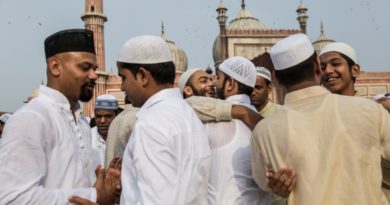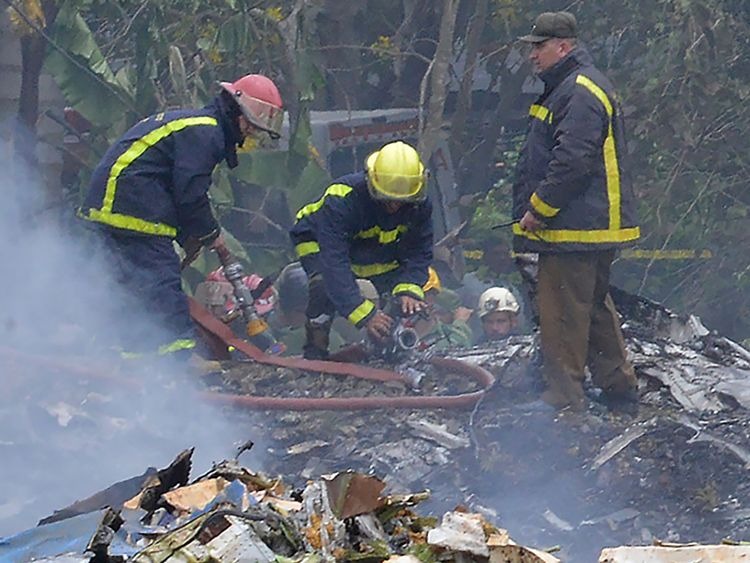Modi meets Putin to hold ‘extremely productive’ talks on bilateral, global issues
The Indo-Russian relationship was a stabilising factor in a fast changing regional and global order, persons familiar with the planning of the May 21 meeting between Indian Prime Minister Narendra Modi and Russian President Vladimir Putin said on Thursday.
Modi would be in the Black Sea resort of Sochi for a “four- six hour” informal summit, which would mostly be a series of one-to-ones with Putin, “an old friend and a trusted partner”, a source said.
Modi said friendship between India and Russia has stood the test of time and their ties will continue to scale newer heights in the coming years.
The Prime Minister said said the seeds of the ‘strategic partnership’ sown by former prime minister Atal Bihari Vajpayee and President Putin have now grown into a “special privileged strategic partnership” which is a “very big achievement” in itself.
“I am grateful to President Putin who invited me for an informal meeting and hence, in the long friendship of ours, this is a new aspect that has been attached to our relationship,” Modi said.
“You have added a new aspect of informal summit in the bilateral relationship which I think is a great occasion and creates trust,” he said.
“The Monday talks were very intense,” Russia’s official Tass news agency quoted Foreign Minister Sergei Lavrov as saying.
“I am confident that the ongoing informal contacts between the leaders of Russia and India will be useful and will help define the further guidelines for our development and strategic partnership,” he said.
“There was a discussion of various areas of our specific cooperation at the regional and global level,” Lavrov said.
Russian President Putin and Prime Minister Modi paid special attention to the economic talks, he said.
“We discussed the whole spectrum of our particularly privileged strategic partnership, paid special attention to the economy, noted the steady growth of trade turnover,” the minister said.
Why Russia still matters so much to India ?
The two nations have contributed towards the enhancement of cooperation in the fields of economics, politics, defence, civil nuclear energy, anti-terrorism co-operation and space.
1. The bilateral ties
In October 2000, former Prime Minister Atal Bihari Vajpayee and President Putin signed the “Declaration on the India-Russia Strategic Partnership”, the first major political initiative signed between the two countries since the collapse of the Soviet Union. The declaration set the tone of ties between the two countries by the development of institutionalised dialogue mechanisms at various levels in order to strengthen bilateral interaction and follow up on activities related to cooperation in different areas.
Live updates: PM Modi’s Russia visit
2. Moscow’s increasing closeness to Islamabad
As New Delhi warmed its ties with the United States, Russia started to increase its closeness with Pakistan as a counter-measure. In 2016, the two countries held theirfirst joint military exercise + , despite India’s request to postpone due to the terrorist attacks in Uri.
In 2015, Russia and Pakistan signed + an inter-governmental agreement for the construction of a gas pipeline from Lahore to Karachi.
China is one of the main and the most powerful allies of Russia and also India’s arch-enemy Pakistan. A closer relationship will Pakistan is important for Moscow to increase its clout in the region.
3. Military partnership
Russian hardware represented 62 per cent of the country’s total weapons imports during the past five years, compared with 79 per cent in 2008-2012, the Stockholm Peace Research Institute said in a report last month. Some of India’s legacy weapons system are of Soviet and Russian origin and it needs to maintain defence ties with Moscow to keep them operational.
4. Economic partnership
In December 2014, the two countries set a target of $30 billion bilateral trade by 2025. According to Russian Federal Customs Service data, bilateral trade during in 2016 amounted to $7.71 billion (decline of 1.5 per cent over 2015)





